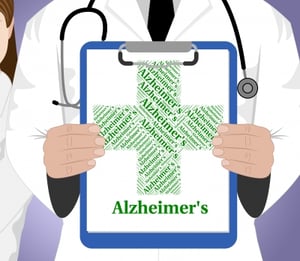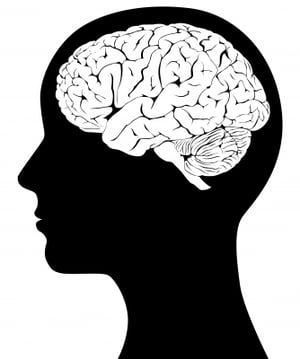 Alzheimer’s disease is an insidious disease that takes over the lives of patients and their families. Recognizing early warning signs of Alzheimer’s helps to prepare for it. As with many diseases, if caught early, there are courses of treatment which will slow the progression and allow a person to maintain their memory. The early signs of Alzheimer’s disease include:
Alzheimer’s disease is an insidious disease that takes over the lives of patients and their families. Recognizing early warning signs of Alzheimer’s helps to prepare for it. As with many diseases, if caught early, there are courses of treatment which will slow the progression and allow a person to maintain their memory. The early signs of Alzheimer’s disease include:
- Forgetfulness – Are you beginning to notice that your loved one is having difficulties remembering things? Perhaps not long term memories, but short term? Does your loved one ask questions repetitively? Natural progression of memory loss is common with old age, however if a person is unable to remember such things even when prompted or reminded, this may indicate the onset of Alzheimer’s.
- Difficulty Following Instructions – Have you noticed your loved one is having difficulty making some of their famous recipes, despite the fact that they have made this recipe over and over for years? Has your loved one had difficulty with tasks such as filing taxes? Having difficulty following instructions is one of the first signs of Alzheimer’s.
- Behavioral/Personality Changes – Has your loved one begun to act differently than how they usually would? Has their temperament changed from the person you once know? Have they begun struggling with mood on a day to day basis? Has your loved one began wandering off? These changes signal the potential onset.
 Difficulty Communicating – Has your loved one stopped using their extensive vocabulary in favor of shorter, less descriptive words? Have they been mixing up sounds and words when speaking? Has confusion over communication set in? Has your loved one stopped talking or is sitting out conversations instead of actively participating? This may be of concern in terms of the onset of Alzheimer’s.
Difficulty Communicating – Has your loved one stopped using their extensive vocabulary in favor of shorter, less descriptive words? Have they been mixing up sounds and words when speaking? Has confusion over communication set in? Has your loved one stopped talking or is sitting out conversations instead of actively participating? This may be of concern in terms of the onset of Alzheimer’s.- Hygienic problems – Does your loved one show signs that they are not grooming themselves how they normally would? Has your loved one been seen wearing the same dirty clothes or unkept hair for days at a time? Has your loved one stopped brushing their teeth. This could be a sign that Alzheimer’s has begun to take over.
Neurofeedback strengthens the brains neuropathways and strengthens memory and over all function. Neurofeedback has the ability to slow or halt the progression of Alzheimer’s disease. The sooner the person has begun treatment, the more effective the treatment. If your loved one has shown any of the above symptoms, schedule a free consultation with our director and owner Dr. Jolene Ross to discuss treatment options.
First image courtesy of Stuart Miles at FreeDigitalPhotos.net
Second image courtesy of smokedsalmon at FreeDigitalPhotos.net





